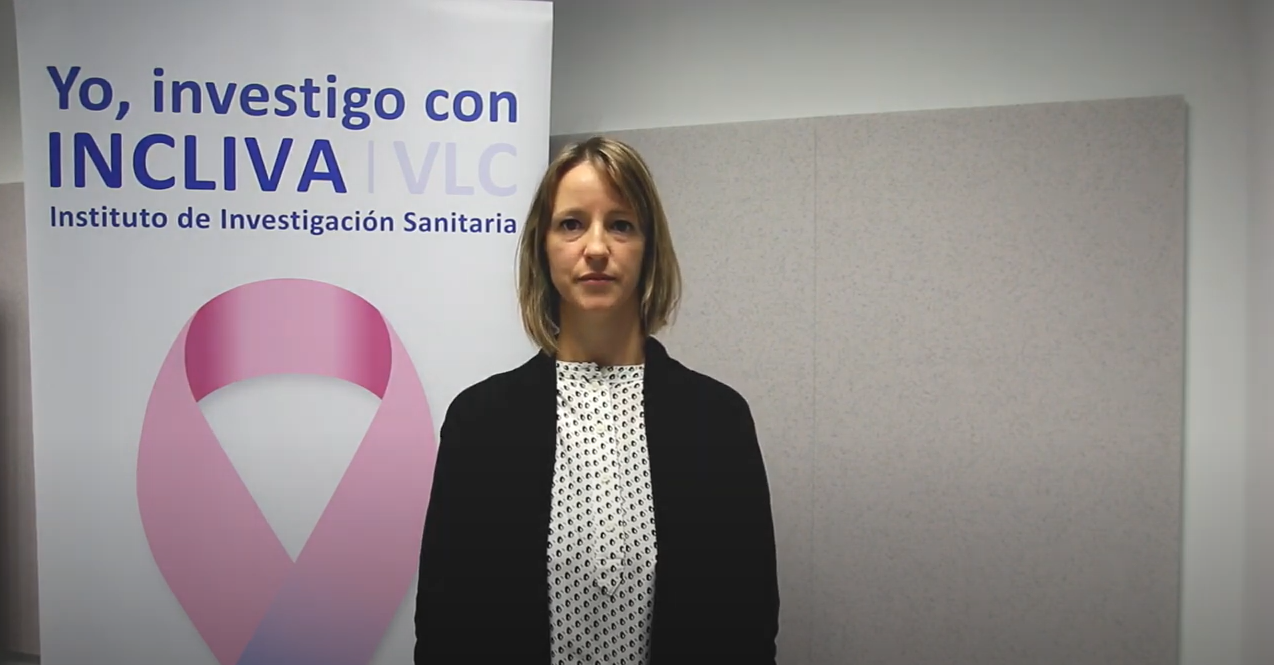January 10, 2022

Dr. Mas to present at SRI her latest developments within HUTER
Date: January 10th 2022
Dr. Aymara Mas abstract titled “Single Cell Transcriptomic Atlas Characterization of the Myometrium in Menopausal Women”, has been selected for a poster presentation at the Society for Reproductive Investigation’s 69th Annual Scientific Meeting.
The poster will be presented at the Reproductive Biology session on March 17th 2022. This year the event will take place in Denver on March 15-19 2022.
The SRI organizers have developed an outstanding theme of Reaching New Heights in Reproductive Research, with a focus on health disparities and diversity, equity and inclusion. The scientific program includes 160 Oral Sessions, 12 invited Mini-Symposia with a great balance of investigators, invited Lunch and Learn Symposia and a Hot Topics Plenary Session. The meeting also will feature inspiring talks.
In addition to the scientific sessions, SRI will host numerous Career Development activities including the Career Development Workshops followed by Mentor-in-a-Cloud, an Early Career Forum and a Mid-Career Forum, as well as the highly successful Connection Corners.
As always, the 69th Annual SRI Meeting will be highly collegial and provide a forum for outstanding science and the opportunity for fruitful global networking.
More related content “HUTER abstract accepted”
About the Human Uterus Cells Atlas – HUTER
The human uterus is a flagship reproductive organ with profound implications not only in reproduction but also in women´s health. HUTER can advance the Human Cell Atlas initiative for the exploitation potential in Obstetrics and Gynecology and biomedicine research areas such as Regenerative Medicine or Reproductive Medicine.
The uterus is itself a model for regenerative medicine since (i) endometrial tissue regenerates monthly and its transformation is executed through dynamic changes in states and interactions of multiple cell types, and (ii) myometrial tissue has remarkable regenerative capacity and extensive remodelling throughout pregnancy. Hence, the primary motivation HUTER proposal stems from the need to better understand the human uterus in order to more effectively address uterine diseases that impact women ́s health such as myomas or endometriosis and/or might contribute to infertility, infant and maternal mortality and morbidity.
HUTER technological and biological platform will be a crucial resource for the scientific and clinical communities to define the cellular basis of health and disease, allowing the rapid development of new diagnosis and prognosis tools and therapeutic advancements in the field.
Link to the project website here

